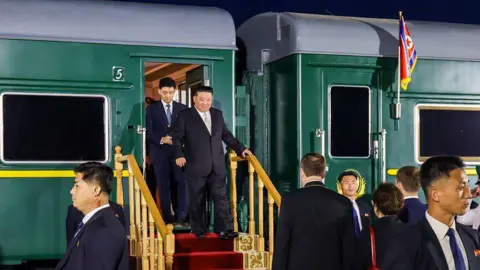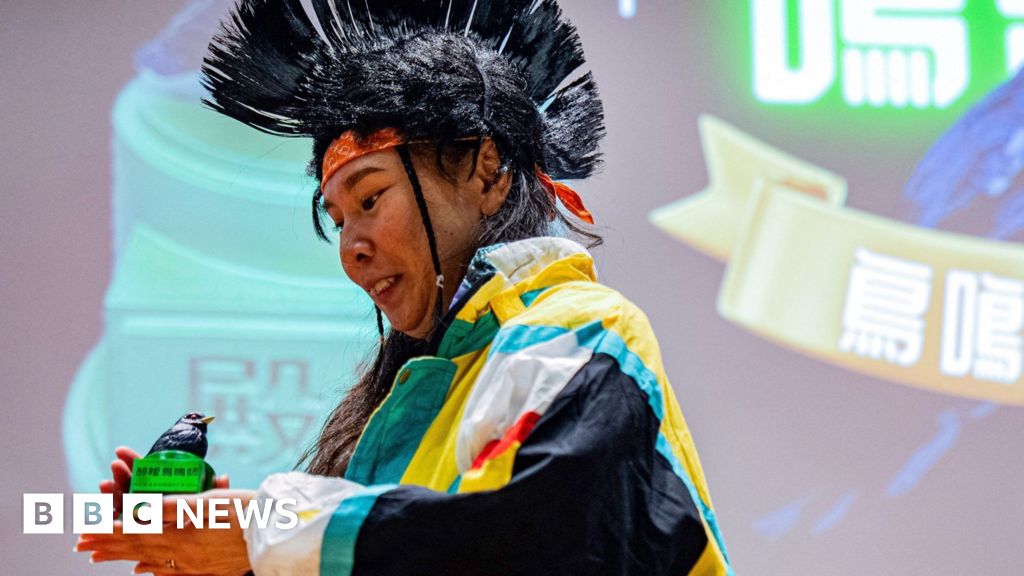In Hong Kong, the lines between patriotism and surveillance are blurring, as one man takes the initiative to report fellow citizens he believes infringe upon the national security law (NSL). Innes Tang, a former banker and self-proclaimed patriot, has established a hotline funded from his own pocket to collect tip-offs on alleged violations, claiming a duty to uphold national security in a society he believes is threatened by dissent.
The NSL, imposed by Beijing after the 2019 pro-democracy protests, criminalizes actions deemed subversive, including calls for secession or collusion with foreign entities. Tang and his team claim to have reported nearly 100 individuals to authorities, asserting that their actions stem from a sense of duty toward their community, which he describes as the "silent majority" opposed to independence.
As he interviews with major outlets such as the BBC, Tang, aged 60, details his surveillance methods—collecting digital evidence from social media and encouraging public participation in reporting concerning activities. His assertions that he seeks to restore "balance" follow the social upheaval seen in recent years, positioning himself as a bulwark against what he believes is detrimental to societal harmony.
However, this culture of informing has sparked immense anxiety among residents. Since the enactment of the NSL, over 300 arrests have occurred, with many fearing the dire consequences of being reported. The atmosphere of distrust is palpable, echoing through institutions where academics now self-censor and openly refrain from political discourse for fear of retaliation.
The Hong Kong government underscores the role of safety and order, emphasizing that only a small fraction of the populace are targeted under the NSL. Yet, public sentiment is deeply divided; some Hongkongers view the actions of informants, including Tang, as a betrayal of community values and a symptom of a repressive regime that stifles freedom of expression.
Despite his claims of advocating for communal well-being, Tang’s interventions have attracted criticism. Among those affected by the crackdown are educators and activists, like Kenneth Chan, who lament the diminishing space for dissent and civic engagement. With many activists in exile or prison, Chan highlights the plight of individuals navigating life in an increasingly perilous environment.
As Hong Kong confronts these challenges, Tang's views exemplify a deeper ideological battle over the future of the city. Stripped of large protests and under a newly reformed political landscape, many wonder what it means to be truly patriotic in a society where the hallmark of resistance has been stifled.
Now, with protests quelled and his role increasingly in demand on international forums, Tang reflects on his next steps. His ambitions signal an evolution from local informant to global representative, challenging the perceptions of what loyalty to Hong Kong and China encompasses in the eyes of the world. Meanwhile, Chan navigates the shadows of a society fragmented by fear, questioning whether the ideals of freedom and democracy will ever find their voice again in a city redefining itself under an oppressive regime.
















